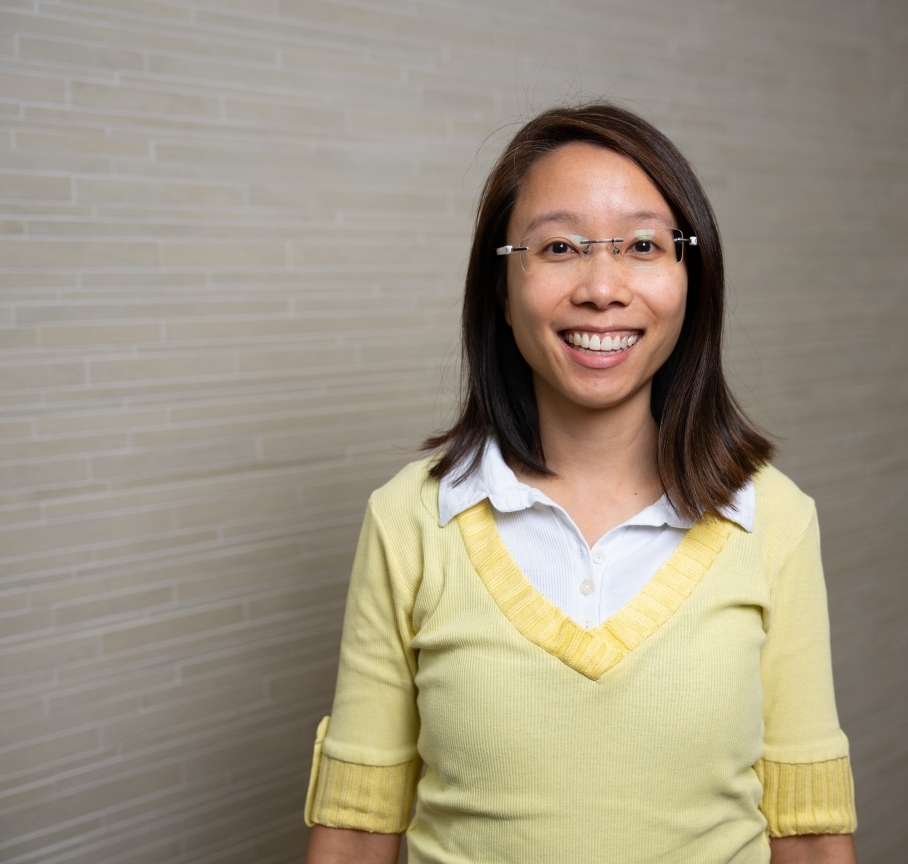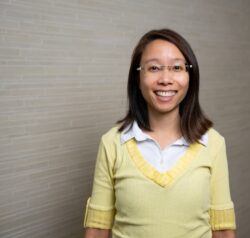
Dr Natasya Raja Azlan offers a personal reflection on how the Graduate Certificate in Academic Practice helped her grow as an educator and reimagine her approach to student learning.
About Tash

Dr Natasya (Tash) Raja Azlan (PhD, MNurs, GradDipCritCareNurs, RN) is a nursing lecturer in the School of Nursing and Midwifery at ECU, where she coordinates undergraduate and postgraduate units. With a background in emergency nursing and clinical governance, she continually strives to find creative ways to develop engaging and practice-relevant experiences for students. Her work focuses on simulation-based education, translating research into practice and improving healthcare quality. Through this post, she offers a personal reflection on how the Graduate Certificate in Academic Practice helped her grow as an educator and reimagine her approach to student learning.
Follow Tash on LinkedIn.
Reflecting on the Graduate Certificate in Academic Practice
As I work through the Graduate Certificate in Academic Practice (GCAP), I’m finding it to be a transformative experience that is reshaping the way I design and deliver learning. The principles of backwards design and contextual alignment have been particularly impactful, prompting me to move beyond traditional content delivery (boring lectures) and focus instead on creating meaningful, authentic learning experiences that align with clear learning outcomes.
The Community of Practice sessions which are part of the GCAP have also been an eye opener. These collegial spaces have allowed me to draw on the experiences of educators from across disciplines. One standout moment was seeing a colleague’s tutorial plan filled with creative, student-centred activities – of course this colleague was from the School of Education. That session challenged me to re-assess my own tutorial designs. Since then, I’ve been revamping my lesson plans to make them more purposeful, engaging and responsive to my students’ needs. My old lesson plans are now in early retirement and while I’m grateful for their service, they are no longer fit for primetime.
The GCAP has made me consider how to embed authenticity into my teaching. For example, I recently developed a tabletop simulation for Master’s students where they step into the role of government decision-makers tasked with allocating billions of dollars across health priorities. Midway through the simulation, a sudden pandemic emerges (because what’s a classroom activity without a little chaos), forcing them to rapidly reassess and redistribute their resources.
Another example is a virtual reality activity I created to teach clinical auditing. The GCAP prompted me to rethink how I was teaching this content and another course (Harvard Simulation Course) equipped me with the skills to develop it through a medical simulation lens. The result is a highly interactive and realistic session where students conduct hand hygiene audits on a peer immersed in a virtual clinical environment.
Although I’m still in the process of completing the GCAP, it has already influenced my teaching in significant and exciting ways. Informal feedback from students has been positive and I feel energised by the possibilities that lie ahead. I look forward to continuing this journey of growth, creative innovation in teaching and an ever-growing collection of retired lesson plans.
Related Articles
Explore related articles and stay informed on the latest in Learning and Teaching at ECU.